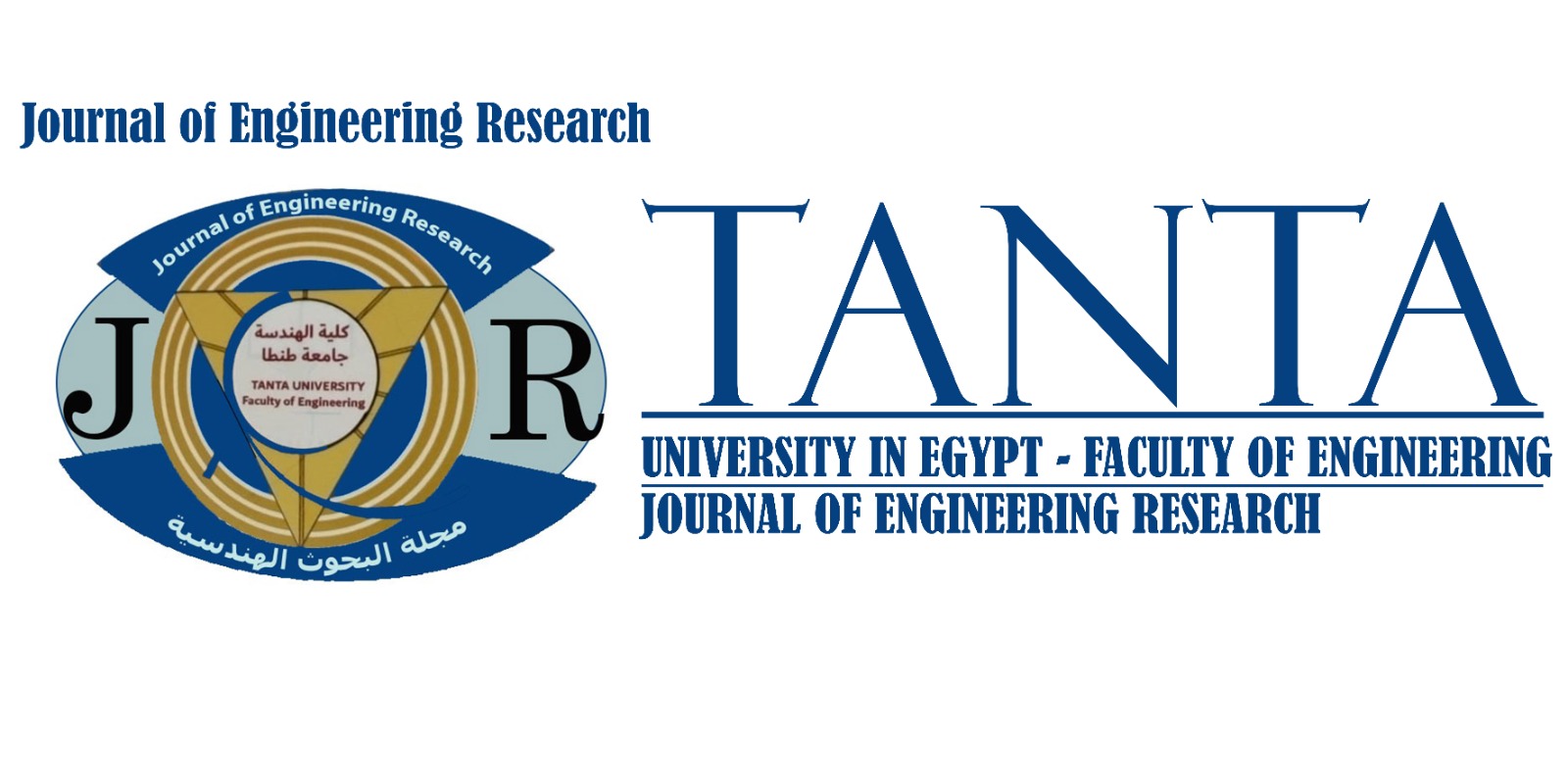Journal of Engineering Research

Improvement of Mechanical Properties and Electrical Conductivity of 7075 Al Alloy using ECAP Process
Abstract
The equal channel angular pressing (ECAP) method is used in this work to treat the Al-Zn-Mg-Cu alloy. As the most promising severe plastic deformation (SPD) technique, equal channel angular pressing (ECAP) has received extensive research in recent years. Hardness test, compression test, electrical conductivity, and surface studies were used to look into how an ultra-fine grained (UFG) industrial aluminum alloy that was made by equal channel angular pressing (ECAP) for one pass strengthened its mechanical characteristics and electrical conductivity. the product has been annealed for three hours at 4150C, Experimental research is done to determine how aluminum alloy 7075's electrical conductivity and material characteristics are impacted by the rate of severe plastic deformation (SPD) during equal channel angular pressing (ECAP). According to the results, the ECAP will increase compressive strength from 145 to 295.5 N/mm2 at the same strain in 0.016 seconds after one pass, Hardness increases progressively until 295.5 N/mm2 is reached as its highest value, then it gradually decreases. The percentage increase in hardness was 50.9% at a strain rate of 0.016s-1. ECAP method is frequently used to raise the yield strength of the aluminium alloy 7075 by 204 % while simultaneously reducing the rate of strain at a compressive strength of 145 N/mm2 from 0.016 to 0.008s-1. With just one pass, IACS of the alloy as received and after Escaping both showed an improvement in electrical conductivity from 30.8% to 43.5%. , ECAP increases electrical conductivity by 29.2% with a strain rate of 0.016s-1.
Recommended Citation
Megahed,, Nour Eldeen
(2023)
"Improvement of Mechanical Properties and Electrical Conductivity of 7075 Al Alloy using ECAP Process,"
Journal of Engineering Research: Vol. 7:
Iss.
2, Article 18.
Available at:
https://digitalcommons.aaru.edu.jo/erjeng/vol7/iss2/18

